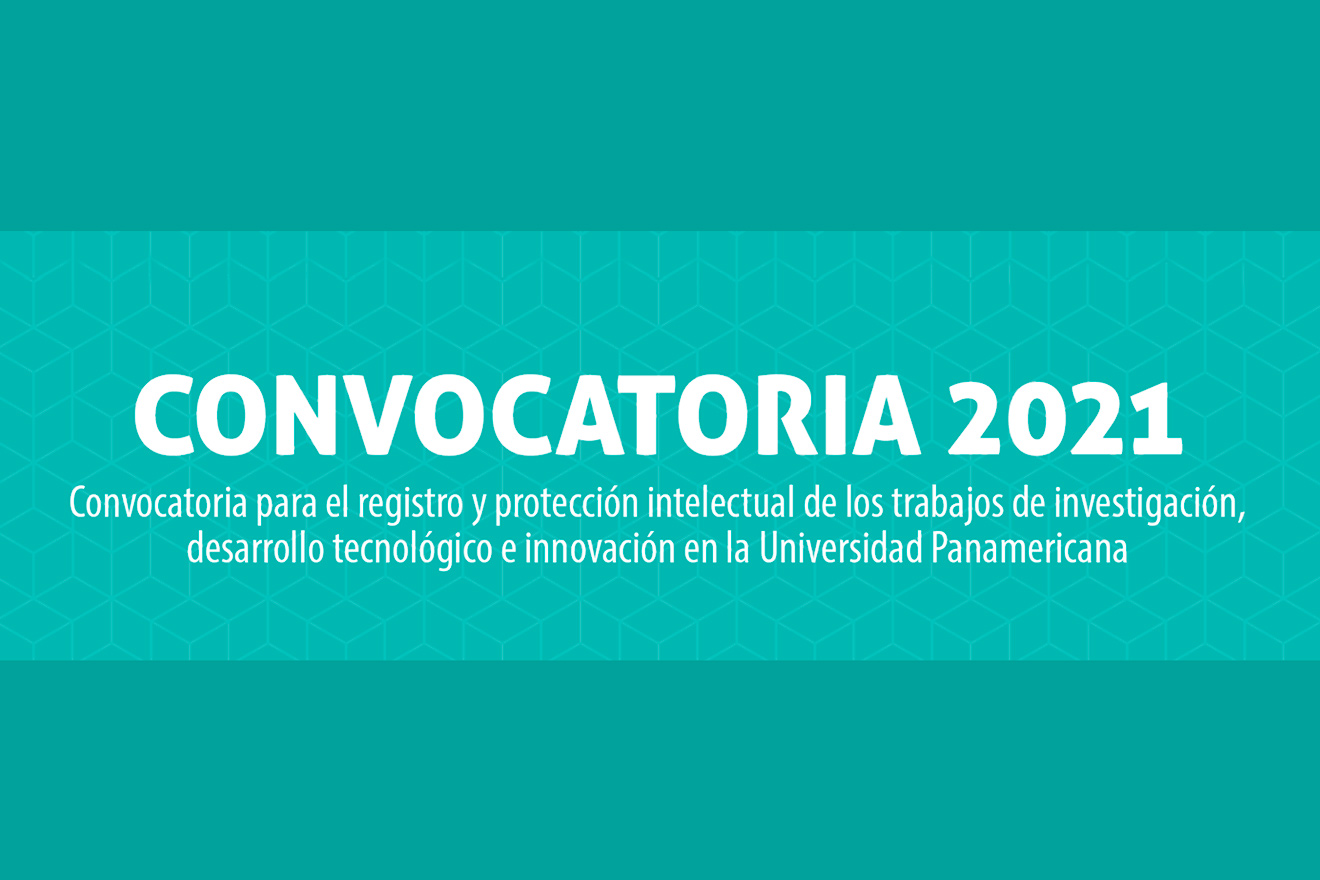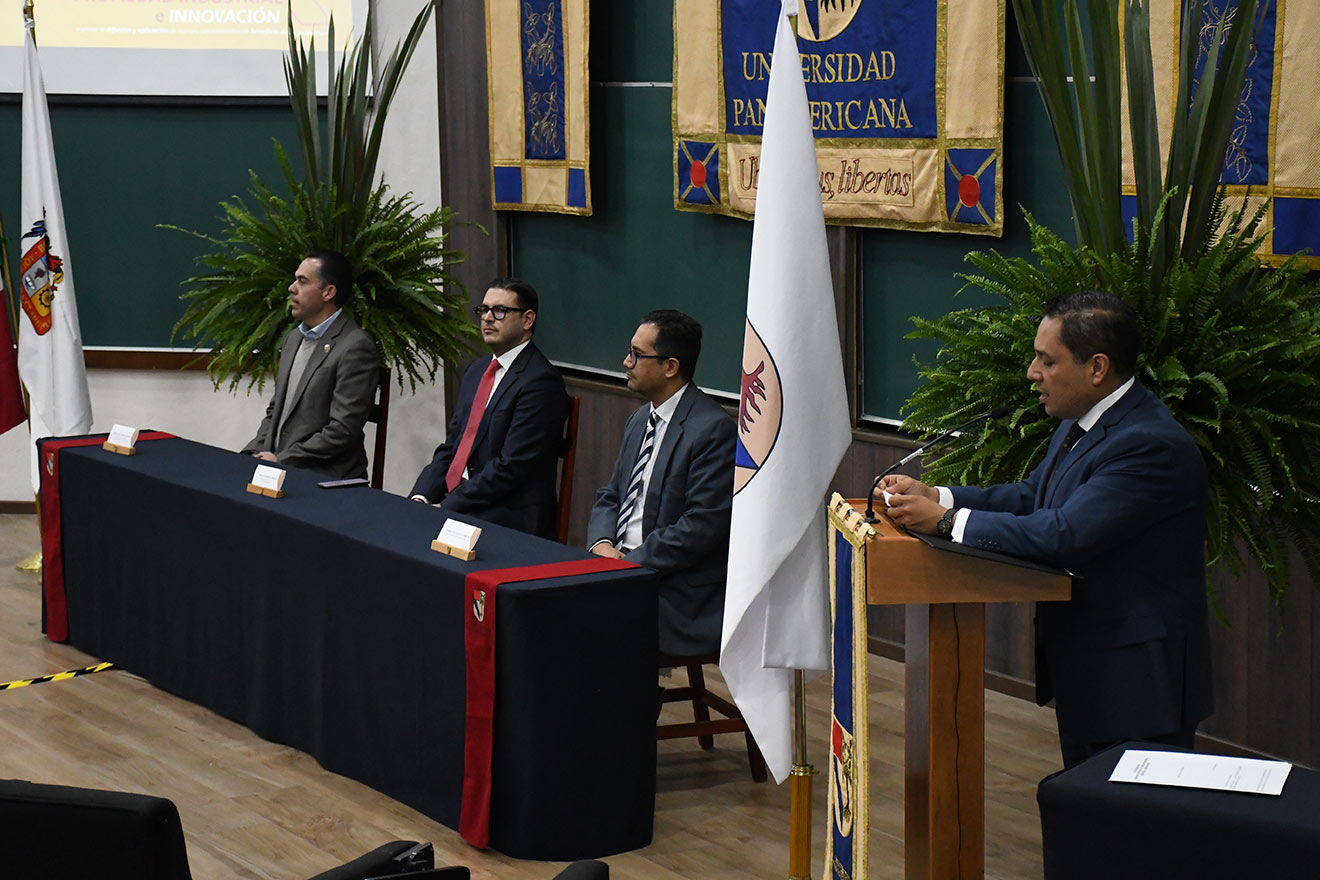Aguascalientes, September 13, 2022.- Faced with the new sociological conceptions that strive for a reconstruction of the meaning and sense of relationship of the family, the need arises to elaborate a study of the subject in order to understand the expressions presented in different contexts and cultural disciplines, as well as in the most varied geographical environments.
About the family
Thus, a group of researchers, headed by Dr. Gustavo Esparza, from the Institute of Humanities at Universidad Panamericana, campus Aguascalientes, carried out the research entitled Sobre la familia.Realities and social and cultural representations. The general objective of this research project, financed by the Fondo Fomento a la Investigación 2021, was precisely the study of the family from a multidisciplinary perspective.

Central contributions on the Family
In this research, whose main product is the publication of a book with works by different researchers, Dr. Esparza explains that this social institution was studied through its reality in different contexts to assess the social and cultural representations in some aesthetic proposals that have been created over time.
The central theme of the project is not intended to study the definition of the family, nor to situate its essential mode of being. Instead, the study of social realities and cultural representations of the family is posed as a general question.
According to Dr. Esparza, the general question with which the authors were invited to develop the collective work was: What realities and representations of the family have been culturally possible?
"With this question as a research guide, each researcher was asked to reflect on a social or aesthetic conception of his or her choice. The aim was to study which conceptions have developed historically, in order to visualize the way in which the fundamentals of the familiar have been represented over time," says Esparza.

Diversity of conceptions
Considering that this was an open call for university researchers, Dr. Esparza indicates that the aim was to show the diversity of conceptions from which the understanding of the family phenomenon was enabled, since there was the conviction that diversity itself would reflect the richness of both "representation" and "family" regardless of the geographical or methodological environment from which the study came.
"The exercise, as will be appreciated throughout each of the contributions, achieved important points of view both methodologically and in the contents that were reached, showing that through the plurality of studies underlie and reveal fundamental reasons to understand this social institution," states the doctor.
It also indicates that the individual contributions were organized into two groups:
- That of those studies that proposed to systematize some kind of social reality by providing data, social studies or statistical resources to show the state and living conditions of that social group.
- Those who proposed to study the family from aesthetic representations and assumed as a criterion those artistic manifestations that had systematized the concept of the family supported by some artistic technique (literary or pictorial).
"Thus, it became evident that the general proposal of the authors was not restricted only to a description of the social, but would show a cultural character, since it manifested a way of 'cultivating' a common vision within a group and whose transmission is aimed at the formation of all members," says the doctor.
The ultimate challenge of this book, states Esparza, is to offer a view and context of the reality in which the family currently lives.
Finally, he adds that the final questions to which the reader is invited are: what challenges do we have as family members to improve the conditions and life of this social group, and what is it up to us to improve within our own groups to promote a better life and community well-being?

Researcher's data
Dr. Gustavo Esparza, Instituto de Humanidades, Universidad PanamericanaAguascalientes campus, project coordinator.
Other authors
- Javier Fernández de Castro, School of Pedagogy and Psychology, Universidad Panamericana, Aguascalientes.
- Jorge Manuel Aguirre-Hernández, Law School, Universidad Panamericana, Aguascalientes.
- Julieta Domínguez-Soberanes, Food Business Management, Universidad Panamericana, Aguascalientes.
- Teresa Hernández, School of Pedagogy and Psychology, Universidad Panamericana, Aguascalientes.
- María del Carmen Gutiérrez Guerrero, Food Business Management, Universidad Panamericana, Aguascalientes.
- Fabrizio Pizzi, Dipartimento di Scienze umane, sociali e della salute, Cassino, Italy.
- Ethel Junco, Instituto de Humanidades, Universidad Panamericana, Aguascalientes.
- Claudio C. Calabrese, Instituto de Humanidades, Universidad Panamericana, Aguascalientes.
- Gustavo Esparza, Instituto de Humanidades, Universidad Panamericana, Aguascalientes.
- Luis Pérez-Amezcúa, Centro Universitario del Sur de Guadalajara, University of Guadalajara
- Nassim Bravo, Instituto de Humanidades, Universidad Panamericana, Aguascalientes.
- Juan Manuel Vizcaino, Universidad de las Artes, Aguascalientes, Mexico.








